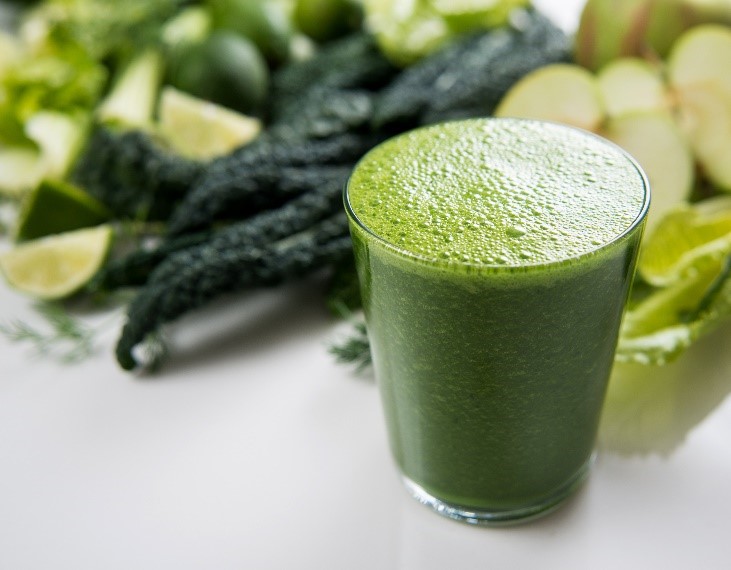Most Of Us Are Deficient
Apr 27, 2020
No matter how clean your diet is chances are you still have a deficiency in something.
What?
Yeah, you can eat keto, paleo, or whole foods and still have at least a few deficiencies. Luckily, if you consider yourself a healthy eater then your deficiencies may be smaller because of it. If you’re someone who doesn’t necessarily eat a healthier diet, then start there first to gain more vitamins and minerals you could be deficient in. Even if your deficiency is small, it’s important to be mindful and aware of it before it ever gets out of hand.
Many of our deficiencies are found to be from lack of vitamins or minerals such as zinc, iodine, vitamin D, B vitamins, calcium, or magnesium to name a few. Everyone is different and may have others included as well, but these are some common ones. Most people have at least 3 or more deficiencies. For now, we’ll just stick with vitamins and minerals, but keep in mind omega 3 fatty acids (found in fish oil), protein, and water are three other types of major deficiencies many of us face without realizing it.
Vitamins and minerals are essential substances that participate in all biologic processes to keep us healthy and thriving. They help perform hundreds of roles in the body such as growth, healing, bolstering immunity, electrolyte balance, converting food into energy, keeping your nerves healthy, and aiding digestion. When we become significantly deficient for too long, we are predisposed to illness, chronic conditions, or injury because we no longer are able to function at our best. In order to appropriately utilize their potential, vitamins and minerals are best taken with whole foods so they can bind to their appropriate substance which will aid with better absorption. For example, vitamins A, D, E, and K, of which are fat soluble, are better absorbed when paired with a high-fat food versus without.
Without a blood test it may be hard to know what exactly you’re deficient in. To start you can begin plugging in all of the foods you consume into a food log using a free app like MyFitnessPal for a couple of weeks. This will help you see where you average and what potential deficiencies you could start to have if you’re not careful. In significant cases there will be strong symptoms that explain a deficiency. For example:
- Muscle cramping may be telling you’re low in magnesium, calcium, potassium, or sodium
- Joint pain may be telling you’re low in sulfur
- Depression may be telling you’re low in vitamin B7 or B12
- Growth problems may be telling you’re low in zinc, vitamin D, or iodine
- Itchy skin may be telling you’re low in vitamin D
- Excessive thirst may be telling you’re low in calcium
- Impaired vision may be telling you’re low in vitamin E
Not only can we have deficiencies, but we can have toxicities as well. This can be from an overconsumption of supplements or overeating certain foods. If you’re trying to fix a deficiency make sure you’re not overcompensating with too much of a good thing.
Remember, it’s most important to eat whole foods first. Of course, it can be somewhat helpful to take a supplement, but taking it in place of real food will not provide nearly the same benefit and may become pointless if there’s little nutritional value in what you’re eating. Keep an eye out for how your symptoms could be related to a vitamin or mineral deficiency.
When in doubt come ask us questions. We’re here to help guide you into helping your body thrive!
Dr. Brit MacLennan
Arvada Sport and Spine Group
Category: Health
